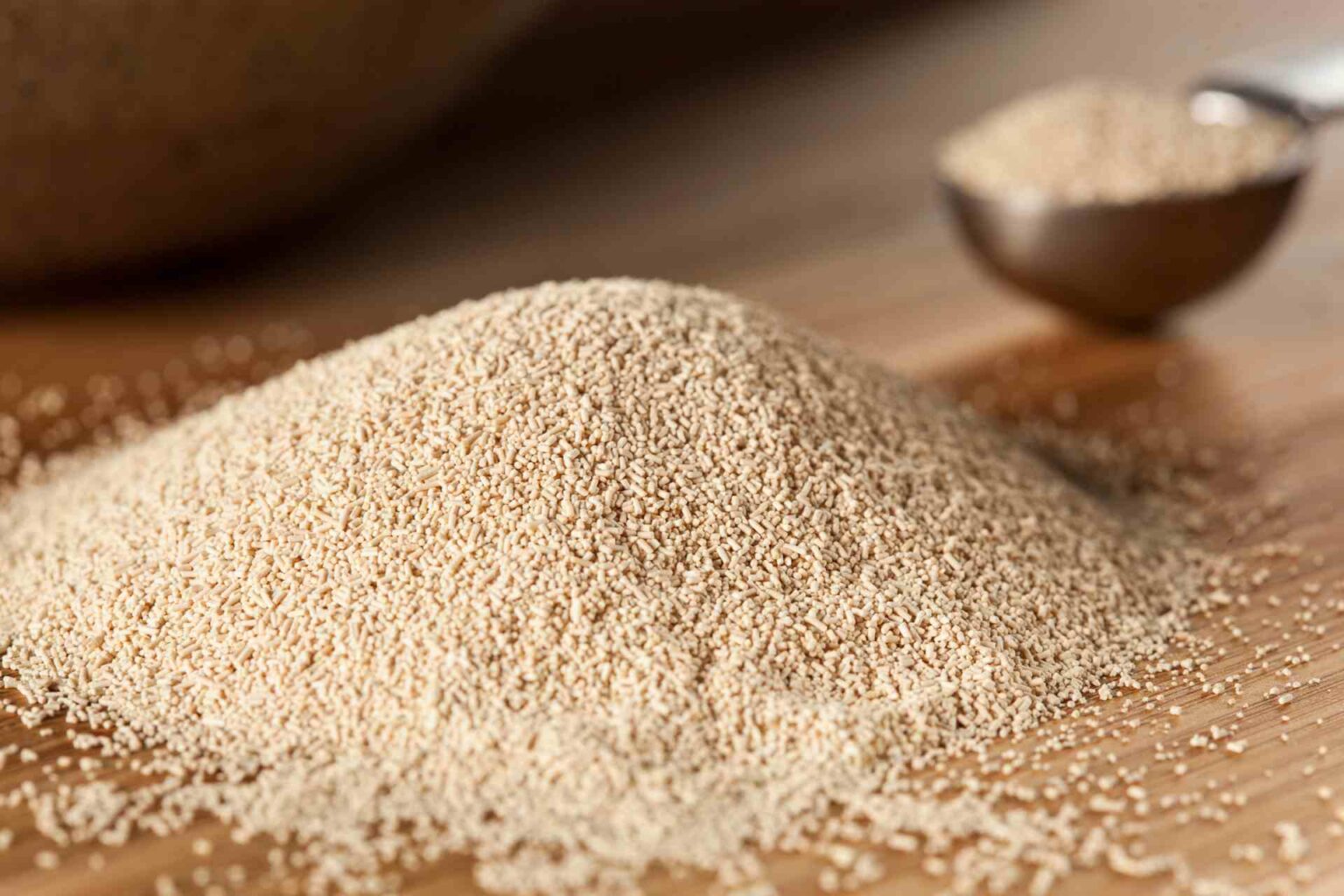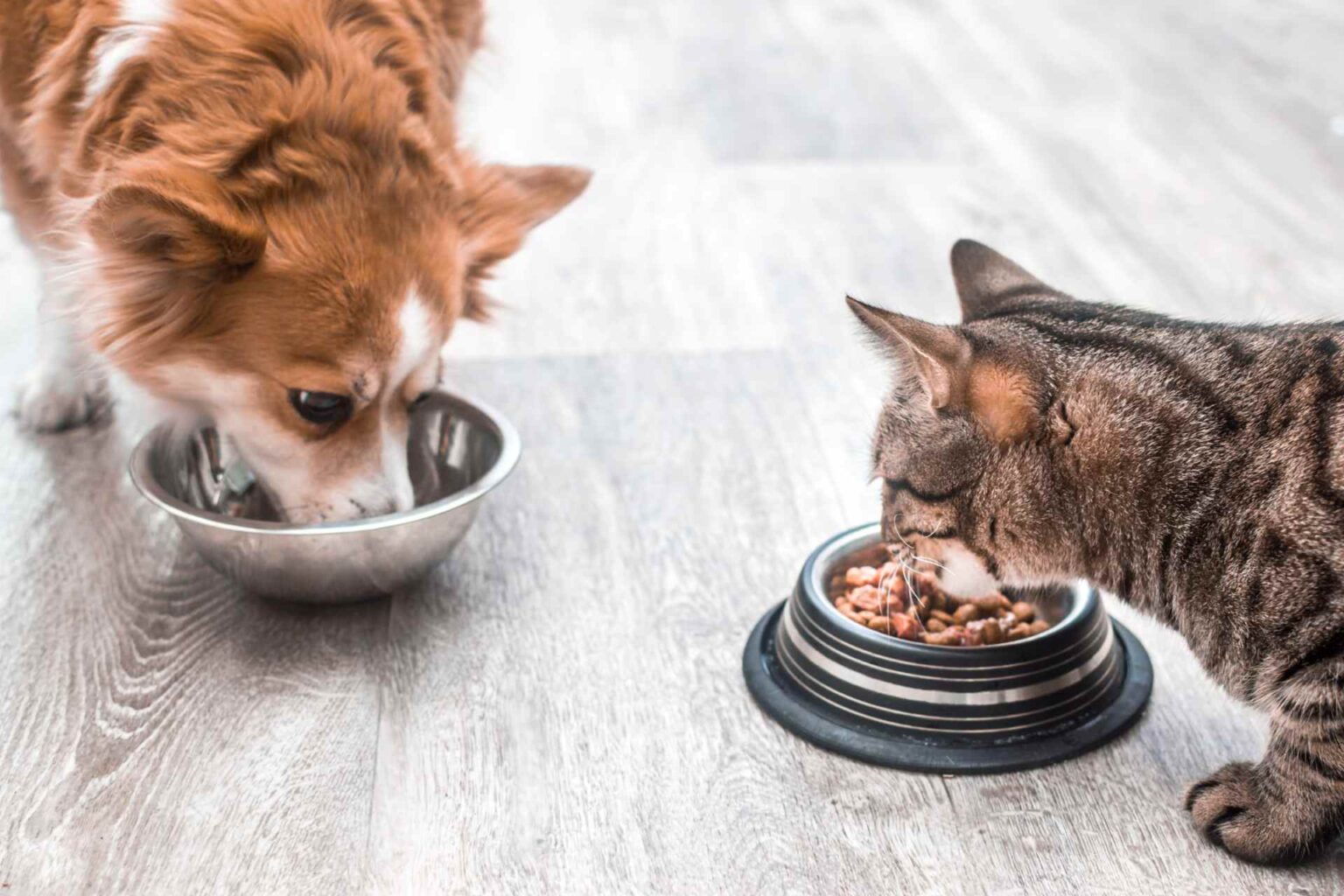Acute diarrhea(AD) represents one of the most common canine disorders in Western countries. Diarrhea is characterized by a decrease in fecal consistency leading to soft or liquid stools with an increase in the frequency of evacuations over a 24-hour period.
A classification that takes into account the time duration of the phenomenon predicts that the condition of acute diarrhea is identified with a duration of the disorder of 3 to 7 days.
Treatments for this condition are not always perfectly established; this is because the exact etiology is difficult to identify, and only in a few cases (such as when intestinal parasites are the cause) is there a specific therapy.
Therefore, usually, the veterinarian focuses on symptom management, with or without a change in diet.
The gastrointestinal (GI) tract is a region of the body where there is significant production of pro-oxidant factors, due to the presence of a varied and heterogeneous amount of bacteria and food ingredients that interact with the immune system. In GI tract diseases, such as AD, oxidative stress is due to the imbalance between the generation of pro-oxidants and the action of antioxidants.
A growing body of evidence suggests that compounds such as polyphenols might exert a protective role against GI tract diseases by modulating inflammation-related cellular events in the gut and/or microbiota composition.
The review by Candellone et al. examined the various therapeutic options available to date in the context of AD, with a particular focus on oxidative stress and the role that antioxidant compounds such as polyphenols might play in mitigating inflammation and oxidative stress.
Traditional therapeutic management
Rehydration and electrolyte restoration
The traditional treatment approach for AD involves, first, rehydrating the animal and restoring normal electrolyte levels.
Water, therefore, is the main “nutrient” for dogs with DA, with or without vomiting, to ward off potential dehydration, which is dangerous to the animal’s life. In the case of patients who do not experience vomiting, oral fluid therapy with glucose, amino acids, and electrolytes can also be used.
Generally, moderate to severe dehydration requires intravenous (ev) administration of fluids. The animal is kept under observation and ev administration is continued until there are no signs of voluntary food consumption by the patient.
Management and modification of dietary regimens
Managing the diet that the animal should follow is always part of the treatment plan for AD. The goal is to provide food that meets the nutritional needs of the dog, allowing normalization of intestinal motility and function.
The traditional approach generally involves the initial administration of a highly digestible diet with moderate levels of fat. In addition, since they do not appear to increase fecal volume or impair digestibility, supplementation of small amounts of soluble fiber (soy fiber, apple pectin) or mixed fiber (pea fiber, beet pulp) may be considered.
The veterinarian may, also, consider the use of prebiotics and/or probiotics that have beneficial effects on the gut microbiota, preventing dysbiosis.
Antibiotic therapy
Antibiotic therapy for AD should be evaluated on a case-by-case basis; its use should be limited only in strictly necessary cases, such as in conditions where there may be a high risk of sepsis.
Reckless use of this kind of therapy can have a negative impact on the gut microbiota, potentially leading to dysbiosis, with reduced biodiversity of canine bacterial flora.
Dietary supplementation of polyphenols as support for therapies
Oxidative stress is one of the main mechanisms that cause tissue damage; through the excessive production of reactive oxygen species(ROS) -which are highly unstable and reactive molec ules-it can cause damage to any oxidizable biomolecule.
ROS have been proven to be implicated in cell and/or tissue damage in a variety of diseases, including intestinal disorders such as AD.
In light of this evidence, several studies have investigated the possible protective role of antioxidant compounds in treating intestinal inflammation and oxidative damage. Great attention was given, in particular, to polyphenols, antioxidant molecules found in plant foods such as fruits. Their beneficial effects include anti-inflammatory effects, analgesic activity, antithrombotic effect and anticarcinogenic effect.
Several phenolic compounds have shown antimicrobial effects, inhibiting bacterial infections of intestinal and urinary tract epithelia. Phenolic compounds such as quercetin, rutin, andgallic acid alter the gut microbiota, changing the balance Bacteroides/Firmicutes.
Among polyphenols, quercetin, quercitrin, resveratrol and rutin in particular represent the most studied compounds in vivo.
In a study in rats with colitis, orally administered quercitrin reduced inflammation and oxidative damage (by counteracting glutathione depletion), improving colon damage within two days. In another study carried out on mice with sodium dextran sulfate (DSS)-induced colitis, administration of a combination of quercetin and piperine inhibited the secretion of the inflammatory cytokines IL-6, IL-23 and IL-12, thereby reducing inflammation and improving weight loss caused by colitis.
Polyphenols and future prospects for treatment
To date, there is no standardized treatment protocol for acute canine diarrhea, and most of the scientific literature focuses on a combination of fluid therapy interventions, dietary changes, and possible antibiotic therapy.Given the well-documented role of oxidative stress in the pathogenesis of intestinal disorders, including AD, and the multi-pronged beneficial effects of polyphenols, it is important to further analyze dietary supplementation of these molecules, in order to better explore their anti-inflammatory and antioxidant effects on the management of intestinal disorders in dogs.
Reference
Candellone A, Cerquetella M, Girolami F, Badino P, Odore R. Acute Diarrhea in Dogs: Current Management and Potential Role of Dietary Polyphenols Supplementation. Antioxidants (Basel). 2020 Aug 9;9(8):725. doi: 10.3390/antiox9080725.












